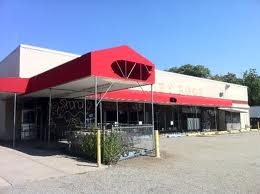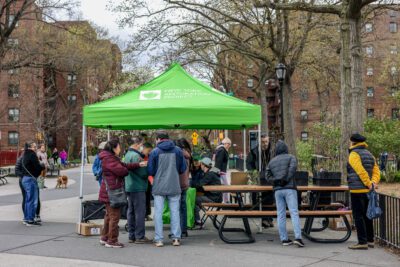Why Windsor Terrace’s Fight Against Walgreens Matters to All of Brooklyn

The closing of a store in Brooklyn—even one that had been an established, though not universally-beloved, fixture in the neighborhood—does not seem like much of an event. In fact, stores come and go with alarming frequency these days, especially in the parts of Brooklyn that are changing rapidly in order to keep pace with the shifting social and economic demographics of a borough that continues to grow and develop in ways that would not have been anticipated not so long ago.
So why is the closure of a Key Food and the sale of the building to Walgreens important?
And why does the ongoing protest against Walgreens matter to the rest of Brooklyn?
Well, it matters because the same thing could happen in your neighborhood.
A store that provides a real service to the community could be sold to the highest bidder, which is usually going to be a branch of a large chain that could quickly take over and mean the death of the individuality of a neighborhood.
I mean, do we really want to become Manhattan, where block after block is anchored by two different banks with a Starbucks and a chain drug store thrown in for variety?
I would hope not.
The 80-year-old owner’s sale of the Windsor Terrace Key Food to Walgreens caused an uproar in the quiet neighborhood on the southwest side of Prospect Park. Despite the fact that this particular Key Food had been derided for years by many of Windsor Terrace’s residents as a disaster of a grocery store because it lacked quality produce and had an inadequate variety of the organic items that have become standard, people were still enraged that the store would pass into the hands of a big chain pharmacy. For years, residents had encouraged the management at Key Food to allow the inventory to evolve in tandem with the changing neighborhood demographics.
Although this was met with limited success, the fact remained that this Key Food was the only full service grocery store within a mile radius and was an essential part of a community that has many senior citizens who don’t have either the physical or economic flexibility to travel farther for their groceries that younger members of the community do.
To say nothing of their Internet skills, thus negating Fresh Direct as a viable option.
I mean, many seniors still have AOL addresses.
AOL.
You might also like 



















